For almost 40 years, GROUPE MAILLARD INDUSTRIE (GMI) has been specialising in processing plastic materials using rotomoulding techniques.
From the initial product idea to its series life, the GROUPE MAILLARD INDUSTRIE has the human and technical skills to deliver the most suitable solutions to meet the needs of manufacturers.
GMI supports its customers over the project life cycle: preliminary surveys, research, design, modelling, prototypes, tools; pre series and series.
A finishing workshop completes installations and oversees assembly and controls: gluing, ultrasonic welding; marking – screen-printing- painting, riveting, assembly of accessories and insets…
More than just a rotomoulding sub-contractor, GMI is a genuine project manager able to support its customers in achieving their projects both in France and internationally.
Our skills
at a glance
Integrated design office
Tool creation
Prototyping
Part up to 6000 mm
spherical diameter
PSE PEE foaming
Welding – Assembly
Recycling
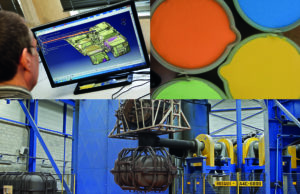
1
Specifications
Eco-design – Industrialisation
2
Prototype – Tools – Certification
3
Series production – Assembly – Quality control
4
Delivery – Stock management
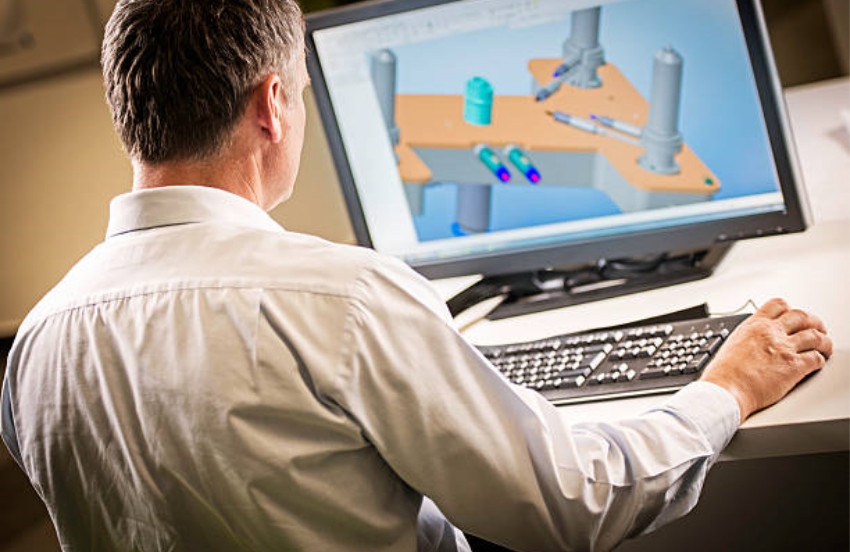
With an extensive integrated design office and engineers specialising in rotomoulding, we will support you and carry out a complete project management.
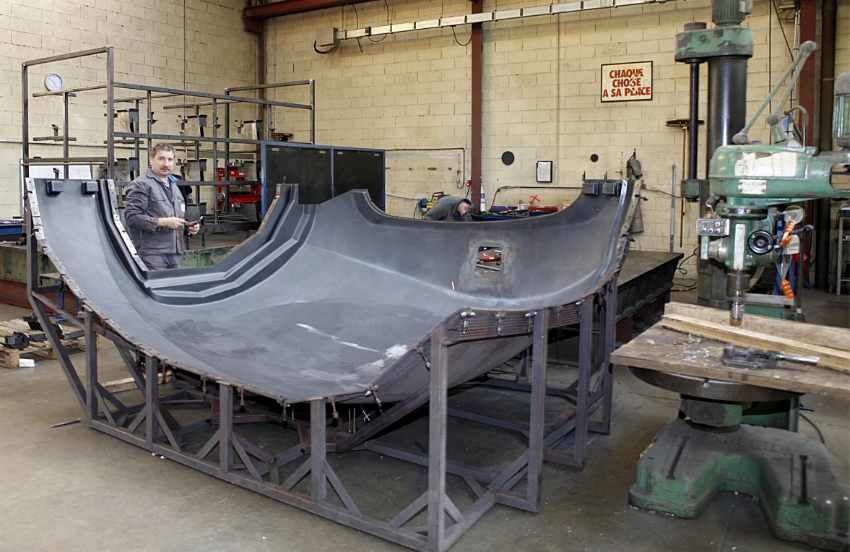
In order to ensure the very best results for you, we manage the production of all tools, whether they are produced using boiler making, machining or aluminium foundry techniques.
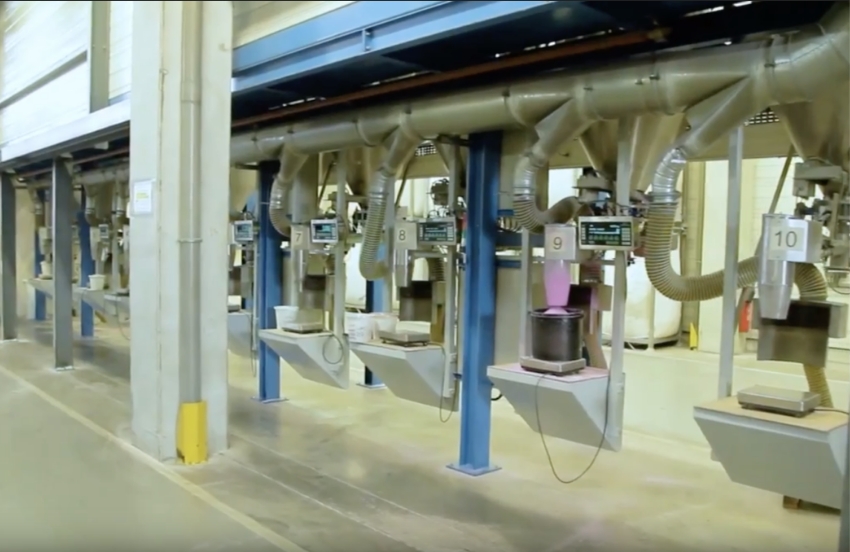
Equipped with several micronisation centres and raw material storage silos, we are able to provide our customers with a diverse range of materials to quickly meet the demands of multiple markets.
Rotomoulded parts can be manufactured in different colours by dry colouring or colour matching.
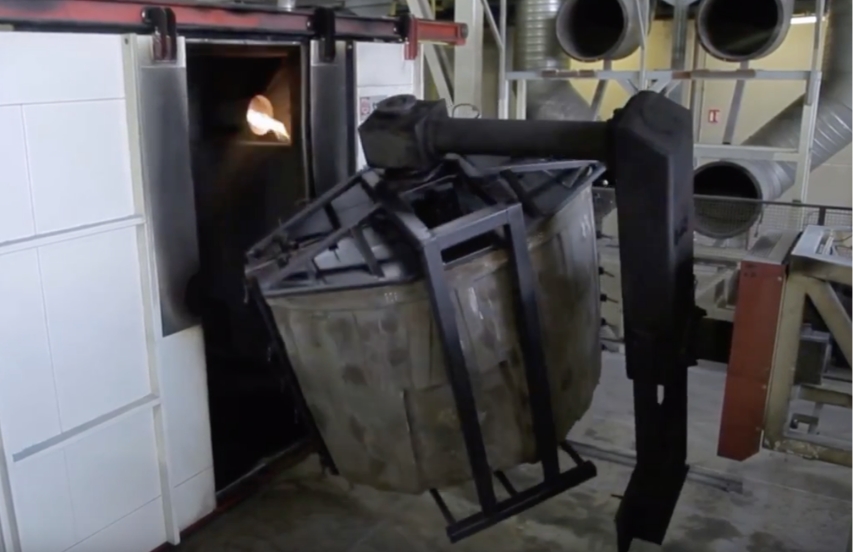
We can meet all your small, medium or large series project needs with 12 rotomoulding lines, the spherical diameters of which vary from 2200 mm to 6000 mm.
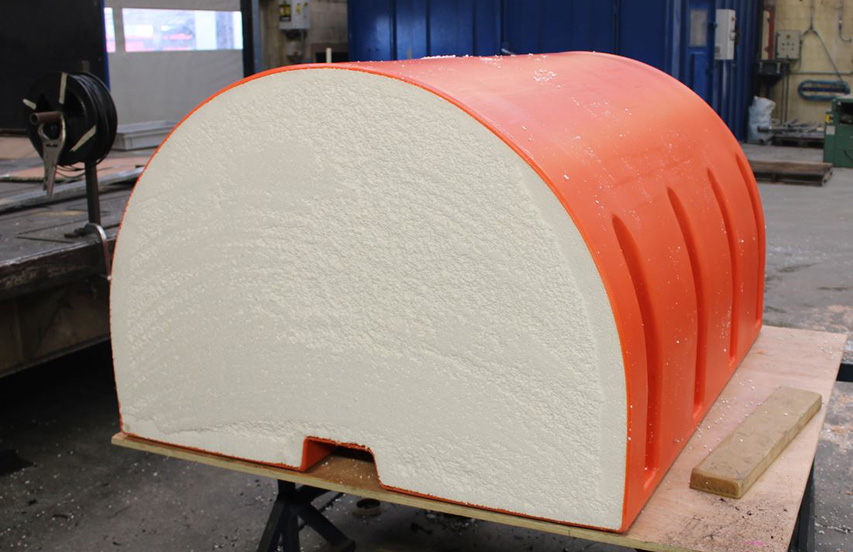
To meet the needs of specific markets requiring buoyancy, insulation or other applications, we have a polystyrene foaming facility, as well as a polyurethane foaming facility.
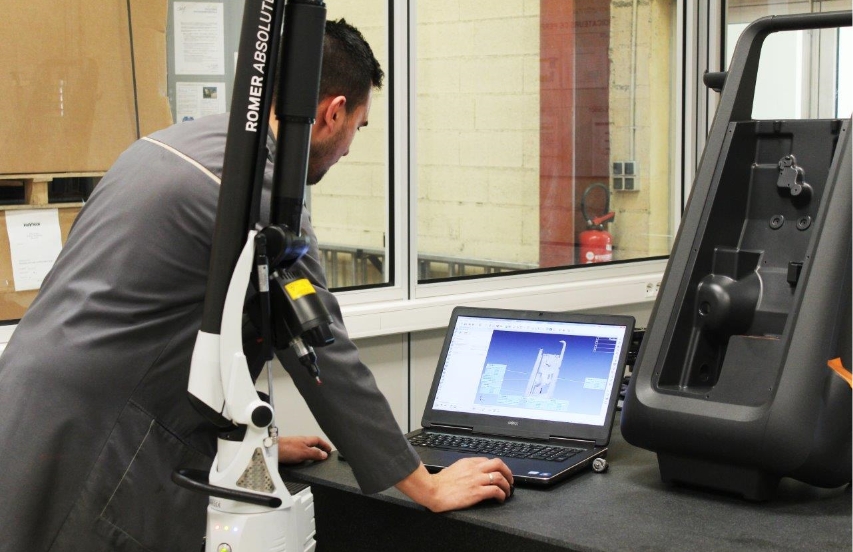
To guarantee our customers consistently high quality manufactured products, we carry out daily raw material analyses (granularity, castability…) as well as ageing tests and chemical and mechanical resistance tests in our laboratory.
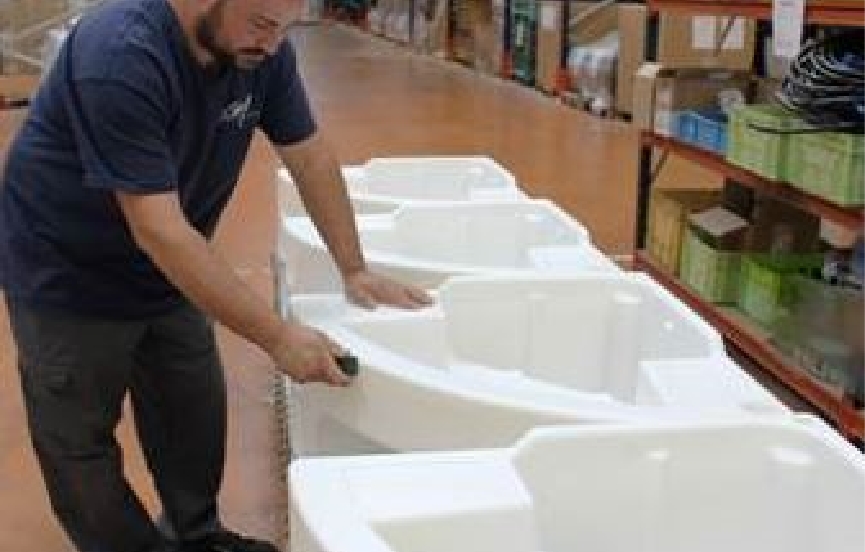
Finishing operations (robotised profiling, machining, drilling…) and assembly (gluing, welding, assembling of accessories) are carried out in dedicated workshops.
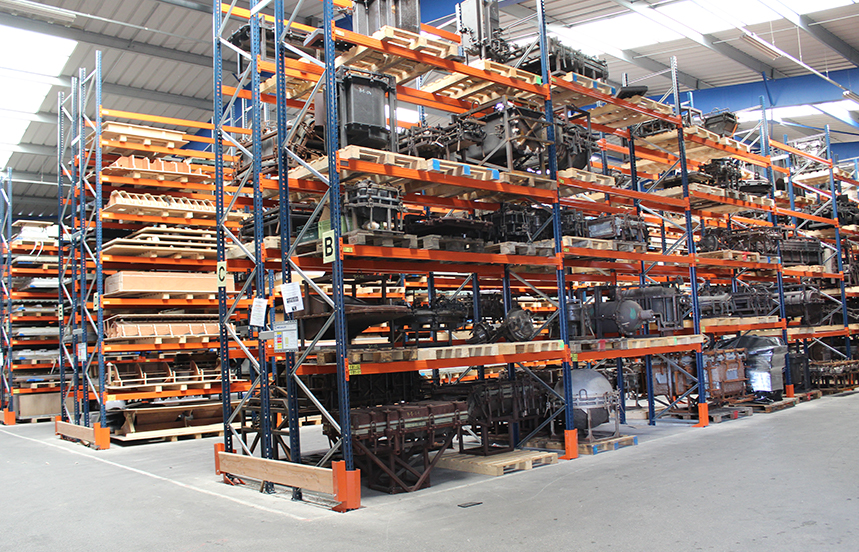
Finished products are stored in secure warehouses before shipping. We oversee delivery for our customers from these storage platforms for a range of logistics options (B2B, B2C…).
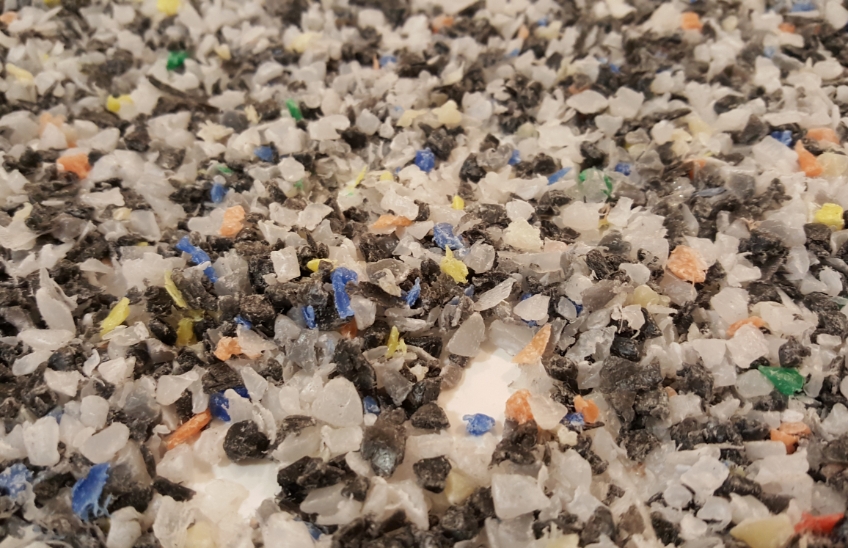
As part of our commitment to the environment, we are committed to recycling rotomoulded parts at end of life thanks to a high-capacity processing and recovery plant.